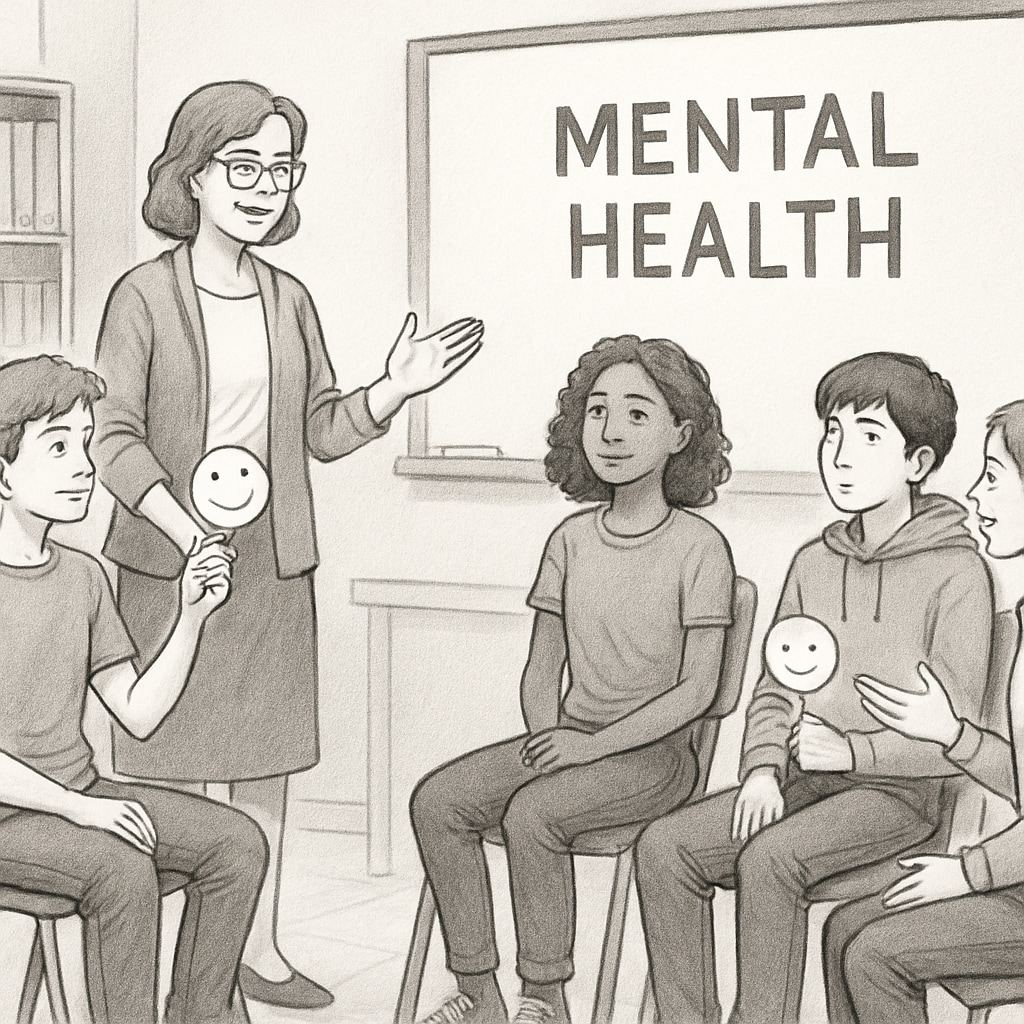In today’s fast-paced world, high school students face increasing psychological pressures. Organizing mental health workshops can be a powerful way to address these challenges. Medical students, equipped with foundational knowledge in psychology and healthcare, are uniquely suited to lead such initiatives. This article provides a roadmap for medical students on how to design, plan, and execute impactful mental health workshops for high school students, bridging the gap between education and emotional well-being.
Identifying the Need for Mental Health Support in High Schools
High school students often experience stress from academic expectations, peer pressure, and future uncertainties. According to Britannica, mental health support is essential for adolescents to build resilience and cope effectively with challenges. Medical students can play a critical role in addressing this need by offering workshops tailored to the unique emotional experiences of teenagers.

Steps to Organize an Effective Mental Health Workshop
To ensure a successful workshop, medical students should follow these steps:
- Contact Local Schools: Begin by reaching out to high school administrators to discuss the importance of mental health awareness and secure permission to organize the workshop.
- Understand Student Needs: Conduct surveys or discussions with teachers to identify key psychological issues faced by students, such as anxiety, stress, or low self-esteem.
- Design Engaging Content: Create presentations that are interactive and relatable, incorporating visual aids, personal stories, and evidence-based strategies for emotional well-being.
- Collaborate with Experts: Partner with psychologists or counselors to ensure the workshop content is accurate and impactful.
Key Topics to Cover in the Workshop
The content of the workshop should be focused on practical strategies and relatable mental health concepts. Suggested topics include:
- Stress Management: Techniques such as mindfulness, deep breathing, and time management.
- Building Resilience: Encouraging students to view challenges as opportunities for growth.
- Recognizing Warning Signs: Helping students identify symptoms of mental health issues and seek timely support.
- Peer Support: Cultivating a culture of empathy and support among classmates.

Overcoming Challenges in Workshop Implementation
Medical students may face obstacles while organizing workshops, but solutions exist:
- Time Constraints: Coordinate with schools to schedule workshops during less busy periods, such as after exams or during orientation weeks.
- Engagement Issues: Use interactive activities, such as role-playing or group discussions, to keep students involved.
- Limited Resources: Seek sponsorships or collaborate with community organizations to access funding and materials.
Measuring the Impact of Mental Health Workshops
To assess the effectiveness of the initiative, medical students can implement the following strategies:
- Feedback Surveys: Collect anonymous feedback from students and teachers to evaluate the workshop’s relevance and impact.
- Follow-Up Sessions: Organize periodic workshops to reinforce concepts and track improvements in student well-being.
- Collaboration for Long-Term Support: Work with school counselors to integrate mental health education into the curriculum.
By following these steps, medical students can create a lasting impact on the mental health landscape of high schools, empowering students to navigate their emotional challenges with confidence.
Readability guidance: The article uses concise paragraphs, lists, and active voice to enhance clarity and engagement. Transition words like “however,” “therefore,” and “for example” are evenly distributed to maintain flow. The content focuses on actionable steps to ensure practicality and relevance.


